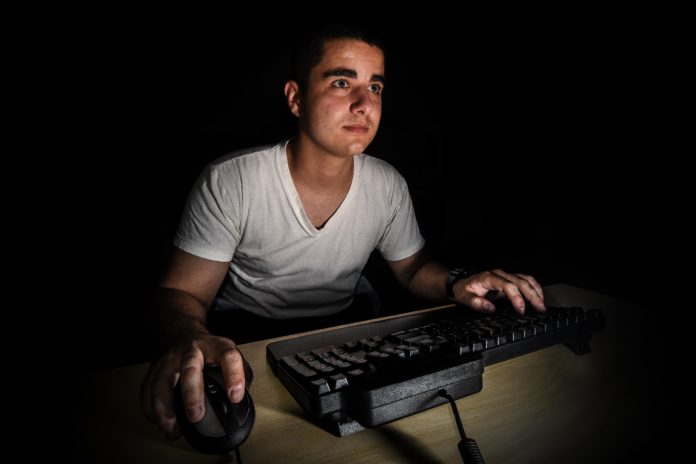
Video games that require physical activity, called “exergaming” improve quality of life in heart failure patients
It sounds too good to be true but video games it seems are exactly what the doctor ordered for heart patients.
Results of a new study show that video games that involve physical exertion (known as exergaming) improve quality of life in patients with heart failure. The study – the HF-Wii study – was presented at Heart Failure 2018 and the World Congress on Acute Heart Failure, a European Society of Cardiology congress.
Professor Tiny Jaarsma, principal investigator of the study, of Linkoping University, Sweden, said: “Exergaming is an alternative way for patients with heart failure to be physically active. It increases their fitness and can improve their wellbeing because they can do more in their day-to-day life.”
The HF-Wii study assessed whether exergaming, for example standing in front of a TV set and playing virtual tennis, improves exercise capacity and other outcomes in patients with heart failure. The study design has been previously published.
Briefly, 605 patients with heart failure were randomised to the exergame or standard exercise advice. Patients in the exergame group had the game installed in their home, a tutorial on how to play, and were advised to play for 30 minutes a day. Patients in the standard exercise group were advised to be physically active for 30 minutes a day.
“While we cannot specify the number of minutes that should be played to achieve the best results, we can say that exergaming can be beneficial for patients with heart failure.”
Exercise capacity was measured using the six-minute walk test. At the start of the study, there was no difference between groups in the distance walked. Results of the primary analysis, presented at ESC Congress 2017, showed that after three months patients in the exergame group could walk significantly farther – 33 metres more on average – than those in the standard exercise group.
Professor Jaarsma said: “Patients in the exergame group had significantly higher quality of life after three months than those who received standard exercise advice. While there was no statistical difference in anxiety and depression, it was encouraging that playing the exergame did not increase anxiety.”
“We think quality of life improved with exergaming because patients could walk further and do more activities around the house with those meters gained,” she added. “Patients also told us they felt more included socially. They often played the game with friends, their spouse, or grandchildren.”
Professor Jaarsma noted: “Patients with heart failure often feel that everything in their lives is negative – they cannot do this, they have to do that. This new way of exercising is something they can do. Exergaming enables them to be active at home. For example, patients like being able to play tennis for half an hour with their spouse without having to go out.”
The researchers also assessed whether the amount of time spent exergaming was related to the number of meters gained. Surprisingly, patients who played more during the three month period did not walk significantly further during the six minute walk test. This could be explained by the fact that patients who played the most were the healthiest – they walked the furthest at the start of the study and had less room for improvement. But all patients, even the sickest, could walk further after exergaming than at the start of the study.
Professor Jaarsma said: “While we cannot specify the number of minutes that should be played to achieve the best results, we can say that exergaming can be beneficial for patients with heart failure.”













